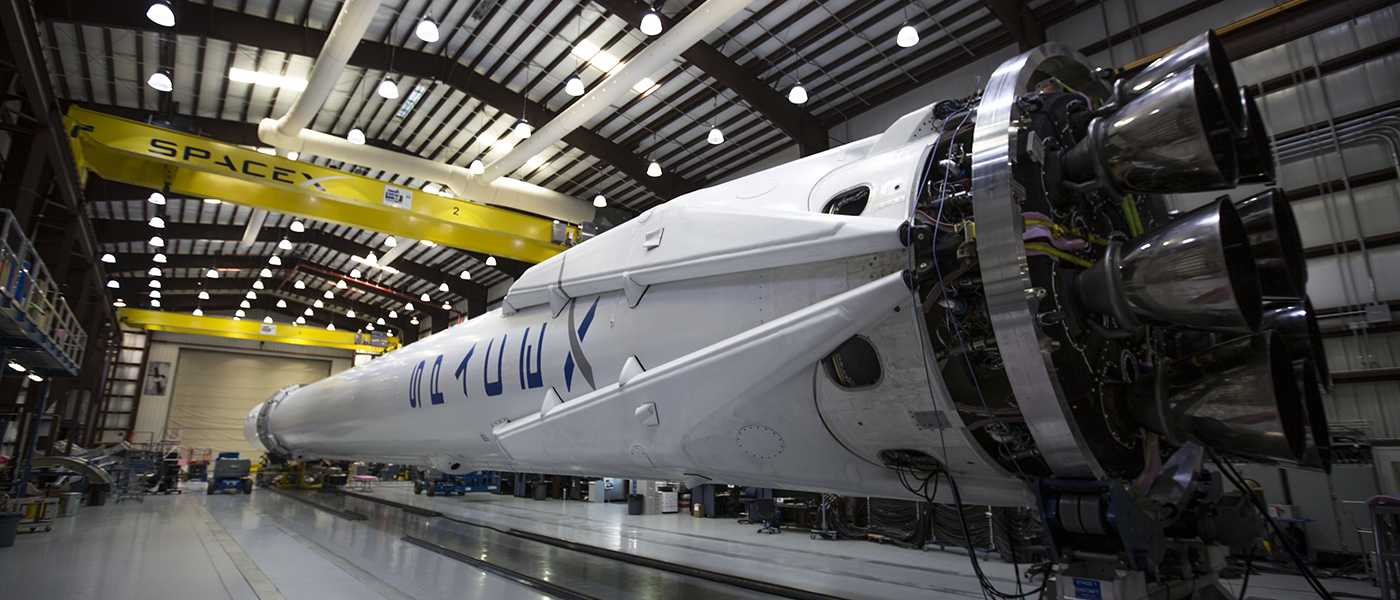Leading the Revolution
Elon Musk's SpaceX is currently basking in the light of its latest achievement. The company succeeded in starting a spaceflight revolution by being the first entity to launch a mission into space using recycled rockets. The success of this historic mission will significantly lower the cost of space travel. Estimates say the launches could cost up to 30 percent less, saving companies or other organizations millions of dollars.
Musk may still be celebrating the launch, but he's not at all content with just being the first. In a tweet sent out shortly after the successful landing of the refurbished Falcon 9 rocket, he revealed the company's next goal for its rocket line: 24-hour turnaround.
Incredibly proud of the SpaceX team for achieving this milestone in space! Next goal is reflight within 24 hours.
— Elon Musk (@elonmusk) March 30, 2017
SpaceX is looking to make space travel akin to air travel. “We’re really looking for true operational reusability, like an aircraft," SpaceX President Gwynne Shotwell said prior to the launch. "An aircraft lands, goes to the gate, passengers come off, passengers go on, you refuel, and then you fly again. What we’re looking to do is exactly that. We land and relaunch on the same day.”
Flight: The Future
Even after this goal is achieved, SpaceX isn't going to be done wowing the world. In fact, they'll be more concerned about impressing other worlds. The company is planning to put a human on the Red Planet possibly as soon as 2025.
Not only will more economical rockets make it easier for SpaceX to get to Mars, they will also fast-track the ability of humans to stay there, setting up colonies beyond Earth. Musk wants to launch an Interplanetary Transit System (ITS) to keep a steady supply line operational between the planets.
As SpaceX is a private, not government-operated, company, it can achieve greater levels of collaboration with other countries to make the mission to colonize Mars a truly international effort. Cheaper flights will be a huge part of that.
Share This Article
